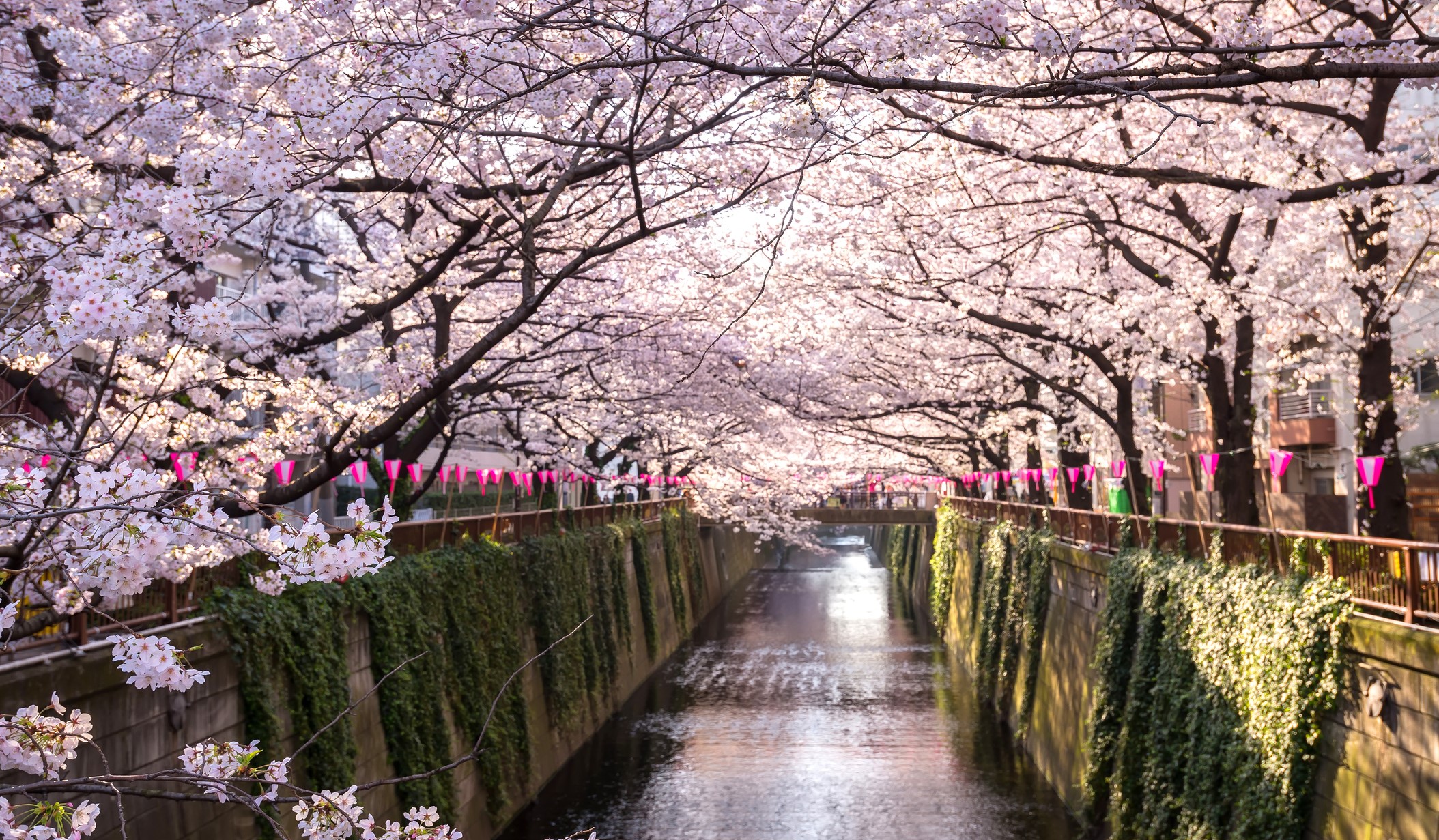A recent in-depth study of Japanese perceptions about New Zealand shows businesses need to do their homework on local values before they can capitalise on opportunities like the 2019 Rugby World Cup or Tokyo Olympics.
The “Through the Japan Looking Glass” study was presented to business leaders at the Staples Rodway Start Thinking: Japan event recently by Nathan Farmer of Big Picture and Seven Seas Marketing Research, with NZ Story Group director Rebecca Smith.
The mix of consumer focus groups and business leader interviews showed that while the Japanese see us as trustworthy and our country as safe, they are not as excited by the thought of New Zealand as the Chinese or the Americans.
Although Japan is one of our biggest trading partners, with bilateral trade of around $7.6 billion in the 12 months to March 2017, there is a lot of room for growth.
Kiwis can seem a bit casual and “rugged”, something not viewed as a positive in orderly, perfection-seeking Japan. Given our agricultural heritage, small population and isolation, the Japanese have a somewhat outdated view of Kiwis, seeing New Zealanders as unsophisticated, lacking global experience and unable to scale services and products.
“The major upcoming global sports events in Japan are a really great opportunity for Kiwi businesses to address some of these negative perceptions, for example by building on the respect that our sporting brands like the All Blacks have created,” says Staples Rodway director Annette Azuma, who is also Vice-Chair of the Japan New Zealand Business Council.
“However, before anyone can establish their business in Japan, they need to understand some of the commercial and cultural barriers and address these up-front.”
Japanese consumers perceive goods on the Chinese market as of inferior quality, so New Zealand companies need to be careful about touting their success in China as a reason for Japan to be interested. Also, “Made in New Zealand” doesn’t necessarily hold as much appeal for a country that views local produce as fresher and higher in quality. To surmount this, businesses need to adopt a “Made for Japan” approach.
Businesses such as New Zealand Hothouse Tomatoes have already seen the benefits of this, researching Japanese tastes for sweeter, thinner-skinned tomatoes over several years to produce a fruit netting four times the profit margin of previous varieties.
Exporters Freshco developed a new squash brand specifically for the Japanese market, Three Good Men, which has become the only supplier to increase supply in Japan without cutting prices.
The research shows New Zealanders need to highlight the perfection of our products, like manuka honey, wine and so forth, and do so in a way that shows added value and ingenuity, like clever use of technology, using manuka honey in wound care or high-end merino clothing.
But we need to be patient, and above all, polite. Turning up to meetings late, or submitting work that is late or hasty rather than considered are not the path to success.
There are positives to be taken from the study, also. The report highlights Japan’s ageing population, a key market for healthcare, and its support of the Trans-Pacific Partnership, showing its desire to open the doors on trade.
New Zealand’s “safe but quiet” label is a selling point for tourism operators hoping to lure Japanese visitors back amid terrorist scares elsewhere, especially if they can educate Japanese people on other things to do besides enjoy our landscape. Maori culture and the concept of kaitiaki, or guardianship of nature, are also important to the Japanese idea of New Zealand as a place of tradition and care for the environment.
There is a caution here for future governments around our water quality. A repeated motif was not just the similarity of our geography, a mountainous island nation prone to earthquakes, but also the clear water New Zealand has been known for in the past. Given Japan’s years-long shunning of British and US beef in the light of the BSE scare, we cannot afford to be complacent.
Smith and Farmer advise our biggest relative strength is New Zealand’s nature, and this should be used as the door-opener to other avenues.
“Everyone knows we’ve got a gorgeous landscape, but that’s not the end of the story,” says Azuma.
“I advise businesses to use this as a starting point to educate Japanese contacts on all the other great things about New Zealand, and our world-beating products and services.”




